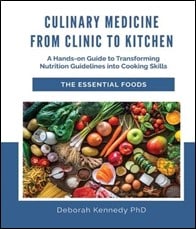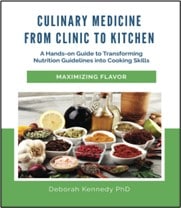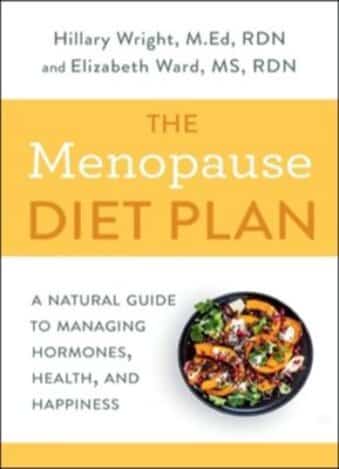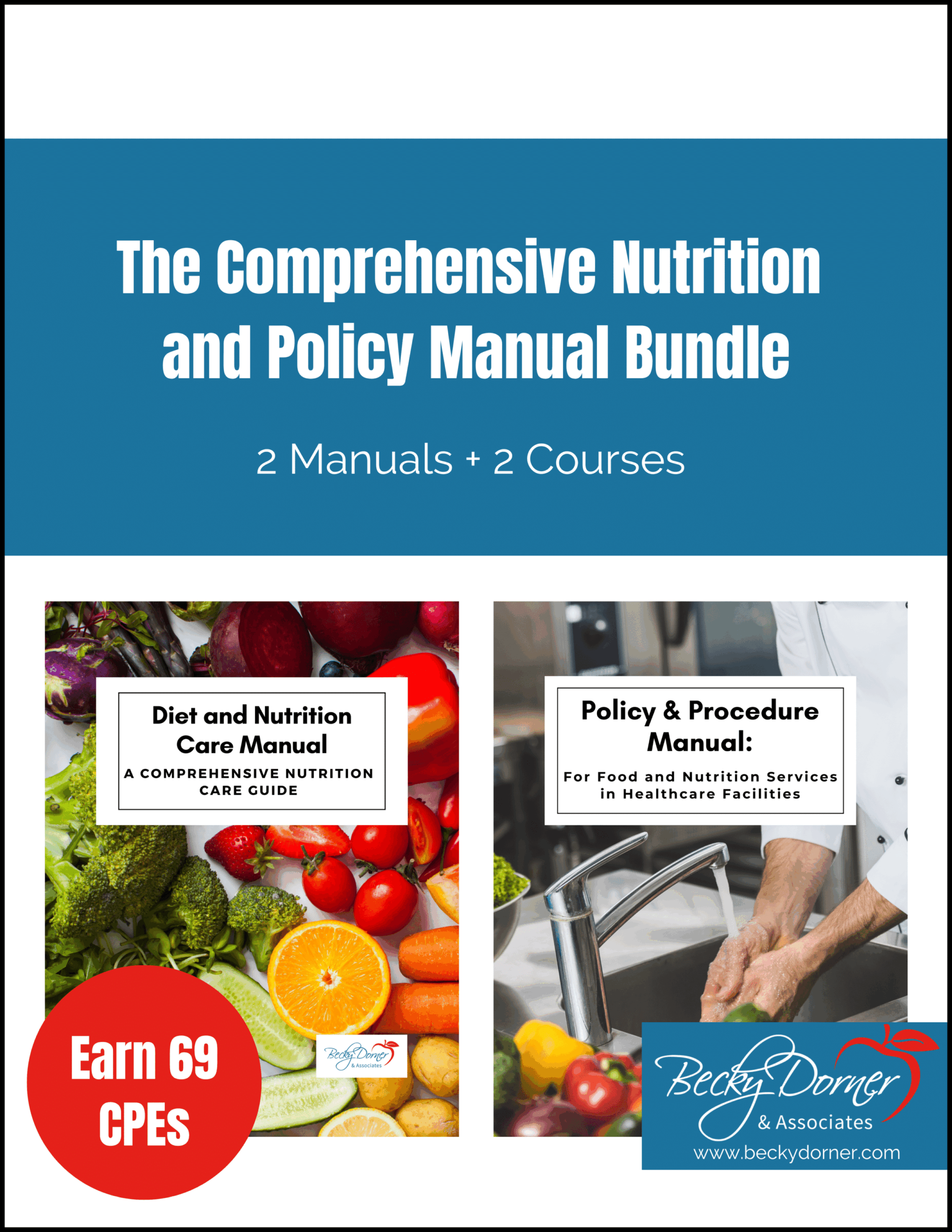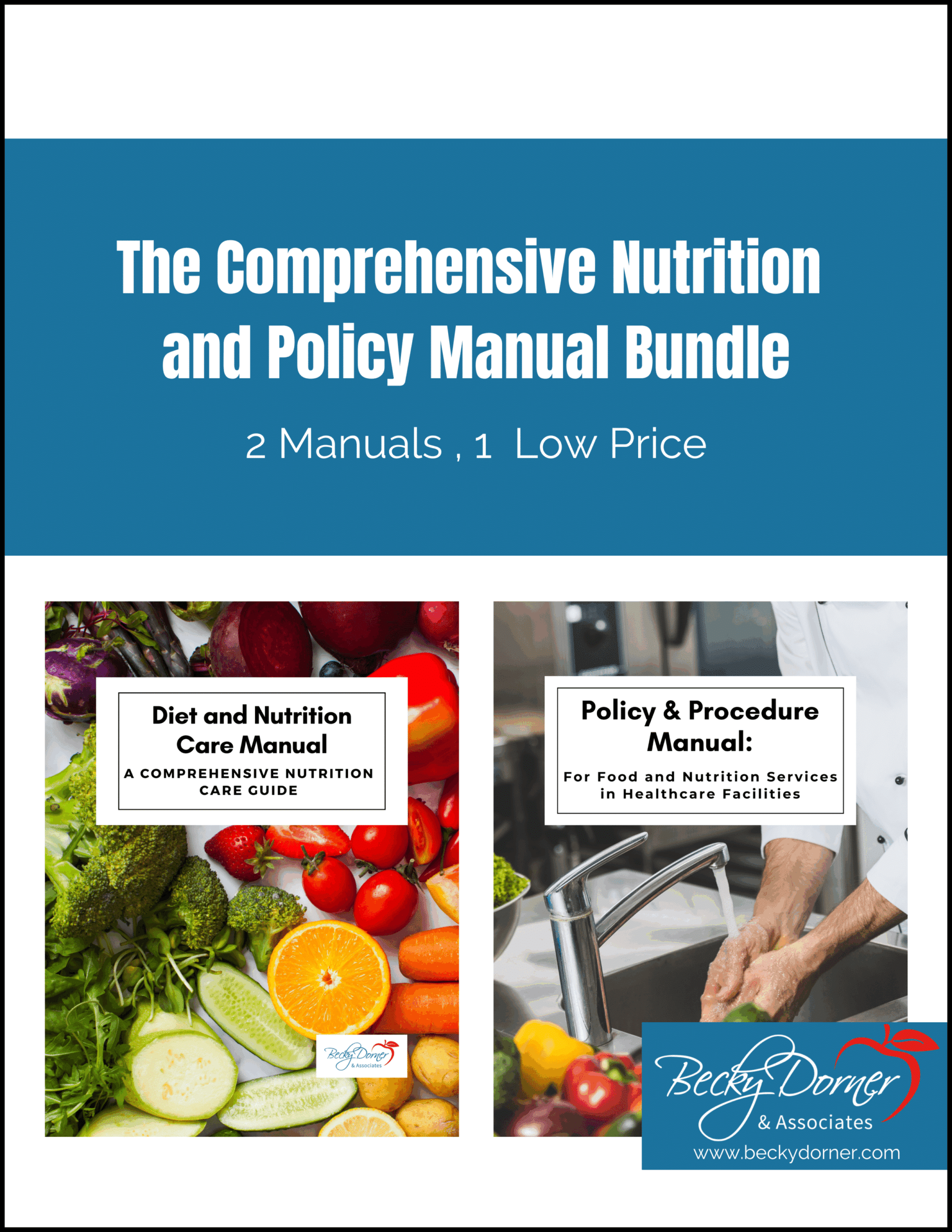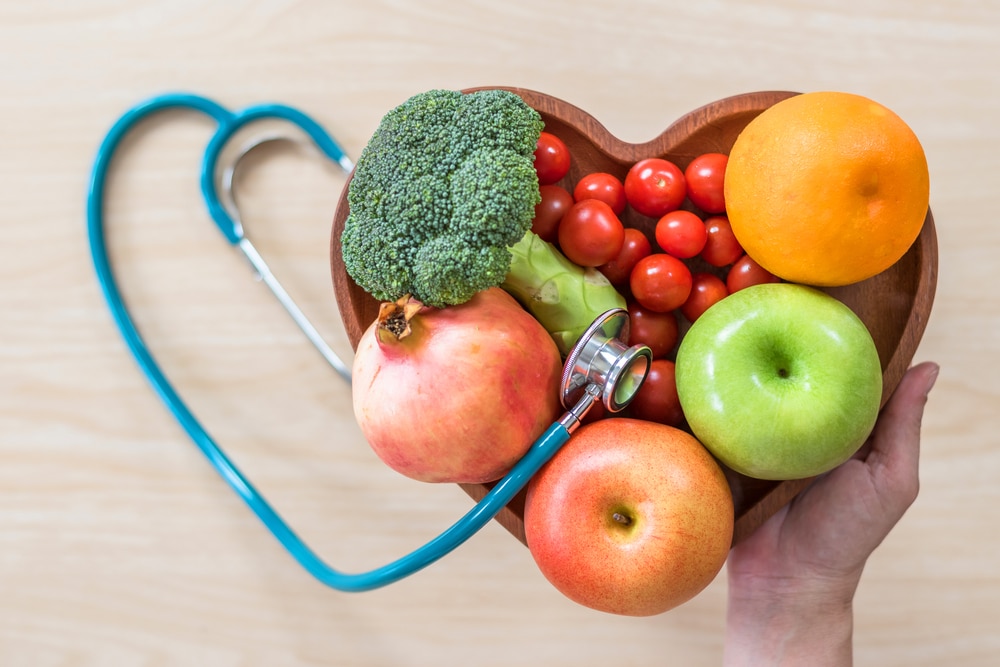
Willie’s daughter, Simone, is worried about her father’s eating habits. Willie is 66 years old, has hypertension and coronary artery disease, and recently had angioplasty. Willie’s father died of a heart attack when he was 73 and Simone thinks that Willie could do more to help decrease his chances of having a heart attack or stroke. Willie’s cardiologist referred him to Emma, a registered dietitian nutritionist (RDN), and Willie made an appointment to see her. Simone decided to accompany Willie to the appointment. Emma instructed Willie to complete a 5-day food diary for her to review. Willie is apprehensive about the visit and worried that Emma will “take away all of his favorite foods.” He told Emma, “every time I watch the news, I hear different things about diet and heart disease”.
2021 Dietary Guidance to Improve Cardiovascular Health
The relationship between diet and cardiovascular disease is clear to RDNs, but a debate on the subject always seems to appear in the lay press, resulting in confusion for consumers about the best eating patterns to prevent or treat cardiovascular disease. Two Scientific Statements recently published by the American Heart Association bring clarity to the subject and provide evidence-based information for RDNs to use with their patients. Both provide supporting evidence and detailed discussions to support their conclusions and are worth taking the time to read.
The “Dietary Cholesterol and Cardiovascular Risk” Scientific Statement, published in 2020, took a deep dive into the subject of dietary cholesterol, blood lipid levels, and cardiovascular disease risk. It concluded that specific daily dietary cholesterol targets are challenging for clinicians and consumers to implement and suggested that a focus on heart-healthy eating patterns (such as a Mediterranean-style or DASH diet) is more likely to improve diet quality and promote cardiovascular health than a focus on a specific amount of cholesterol consumed1.
The second paper, a 2021 AHA Scientific Statement on Guidance to Improve Cardiovascular Health provides recommendations to promote cardiometabolic health as follows2:
- Adjust energy intake and expenditure to achieve and maintain a healthy body weight.
- Eat plenty and a variety of fruits and vegetables.
- Choose whole grain foods and products.
- Choose healthy sources of protein (mostly plants), regular intake of fish and seafood, low-fat or fat-free dairy products; and if meat or poultry is desired, choose lean cuts and unprocessed forms.
- Use liquid plant oils rather than tropical oils and partially hydrogenated fats.
- Choose minimally processed foods instead of ultra-processed foods.
- Minimize the intake of beverages and foods with added sugars.
- Choose and prepare foods with little or no salt.
- If you don’t drink alcohol, don’t start. If you choose to drink alcohol, limit intake.
- Adhere to this dietary guidance regardless of where food is prepared or consumed.
Many of these recommendations may not be understood by consumers, due in part to frequent media coverage questioning the conventional wisdom on diet and health. One bullet point in this Guideline that might be especially important for consumers, is the suggestion to choose minimally processed foods and avoid “ultra-processed foods”. It is safe to say that this recommendation has been recognized by dietitians for years, but it has not been included in scientific statements or guidelines from professional organizations. Although there is a lack of a standard definition of “ultra-processed foods”, the NOVA classification system defines them as foods that go beyond the incorporation of salt, sweeteners, or fat to include artificial colors and flavors that promote shelf stability, preserve texture, and increase palatability2. Consumption of these foods is associated with overweight and obesity, type 2 diabetes, and cardiovascular disease and all cause mortality2.
Willie’s Follow up with Emma
When Emma meets Willie and reviews his food diary, she learns that his diet could use some significant tweaking, particularly when it comes to sugar-sweetened foods and beverages and ultra-processed foods. Rather than overwhelm Willie (and Simone) with too many changes, Emma spends time determining what changes Willie is willing to make. She uses the recent American Health Association Scientific Statements to help Willie gradually move toward a diet that includes more fruits, vegetables, whole grains, and low fat and plant sources of protein and also limits added sugars, saturated fat, and ultra-processed foods.
Resources
- Becky Dorner & Associates Diet and Nutrition Care Manual contains detailed information about dietary changes that can help reduce risk for cardiovascular disease.
- Check out our CPE short courses that review the articles mentioned above for CPE credits!
References:
- Carson JAS, Lichenstein AH, Anderson CAM, et al. Dietary Cholesterol and Cardiovascular Risk: A Science Advisory from the American Heart Association. Circulation. 2020;141:e39-e53. doi: 10.1161/CIR.0000000000000743.
- Lichenstein AH Apel LJ, Vadiveloo M, et al. 2021 Dietary Guidance to Improve Cardiovasular Health: A Scientific Statement from the American Heart Association. Circulation. 2021; 144:e472-e487. doi: 10.1161/CIR.0000000000001031.

